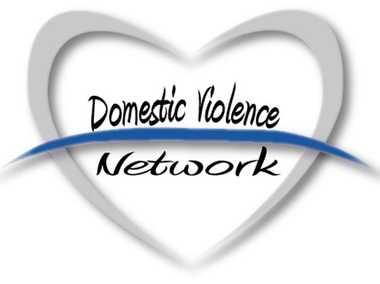Indiana domestic violence shelter is ready to serve all

By Kelly Dickey
The Herald-Bulletin, Anderson, IN
Anderson, Ind. (AP) — The staff at Alternatives Inc. knows that abuse doesn't discriminate.
One victim was brought to the shelter by authorities after suffering ongoing domestic violence.
After being sent - and released - to the hospital before seeking shelter at Alternatives, another resident and their family experienced harassment from the victim's ex.
The breaking point for another victim was when the resident's abuser got drunk, threw household items, became verbally aggressive and pushed the victim into a closet door.
All three are real stories of people who sought help at some point from Alternatives, an emergency shelter and transitional home for victims of domestic abuse. But two of the victims are from members of the LGBTQ+ community.
"When you look at that, you can't tell," Alternatives CEO Mary Jo Lee said. "There's no difference. They're victims."
Because anyone can experience abuse, the staff at Alternatives continually undergoes diversity training to better serve victims from different religions, cultures and parts of the world.
Most recently, Alternatives underwent training through the Domestic Violence Network (DVN) to better provide care to members of the LGBTQ+ community. It includes terminology information, examples of real-life scenarios and information about how to help victims even if an employee's religious views conflict with the LGBTQ+ community.
The training, combined with a checklist of inclusiveness policies, means Alternatives is one of 10 organizations in central Indiana that have earned LGBTQ+ endorsement.
DVN Director of Programs and Research Chris Handberg said about 15 organizations have gone through the LGBTQ+ training, but that is just one piece of the endorsement process.
To get the endorsement, an organization has to meet minimum requirements, including having a written nondiscrimination policy that covers sexual orientation and gender identity in its hiring process; implementing a policy that showing bias toward LGBTQ+ individuals is grounds for disciplinary action or required continuing education; and including LGBTQ+ support organizations on its resource and referral list to clients.
Organizations that have gone through the endorsement process receive a window decal similar to the "This Business Serves Everyone" that became popular following Indiana's Religious Freedom Restoration Act. The DVN stickers say "A Place for Everyone" and "Open for service to all who experience intimate partner violence and sexual assault" so that victims know it's a safe place where they won't be judged.
Handberg said it's important to realize that although abuse can happen to anyone, oftentimes members of the LGBTQ+ community face different circumstances.
"The biggest one that comes to mind is threatening to out someone," he said. "It may not be safe for someone to live their life as someone who is out. They may get fired or lose their housing. That is a huge form of abuse when you have someone hiding, keeping this secret, and it's a power of control."
According to a 2011 National Intimate Partner and Sexual Violence Survey (NISVS), 44 percent of lesbian women, 61 percent of bisexual women and 35 percent of heterosexual women experienced rape, physical violence and/or stalking by an intimate partner in their life. Twenty-six percent of gay men, 37 percent of bisexual men and 29 percent of heterosexual men experienced rape, physical violence and/or stalking by an intimate partner at some point in their lifetime.
Alternatives Resource Development Manager Ashley Waterbury-Carpenter said Alternatives doesn't track how many victims are from the LGBTQ+ community, but the shelter has seen an influx of victims who are comfortable disclosing that they are members of the community.
The shelter has been open to the LGBTQ+ community for years. She said now it's just in a better position to serve those victims. It also shows them that they're open to everyone.
"We've joked around here that we're ready for when the demographics just include that you're a person," she said. "You're just a person, so we're going to help you. That's the general tone around here.
"Victims are people."
Information from: The Herald Bulletin, Anderson, IN.
Copyright 2016 The Associated Press. All rights reserved. This material may not be published, broadcast, rewritten or redistributed.
The Gayly – March 9, 2016 @ 8:20 a.m.





